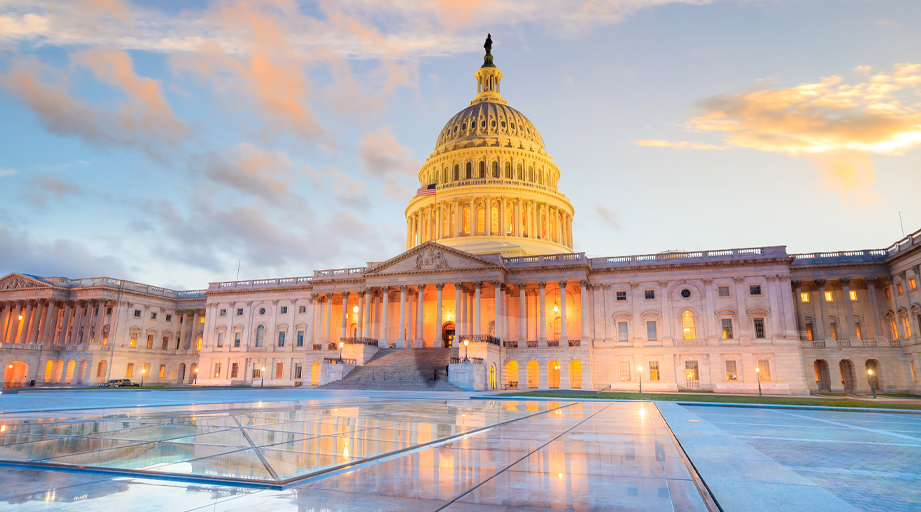
Today, as part of efforts to support additional protection against SARS-CoV-2 variants, the Centers for Disease Control and Prevention Advisory Committee on Immunization Practices (ACIP) recommended an additional dose of mRNA COVID-19 vaccine for certain individuals with immunocompromising conditions. ACIP’s recommendation follows the Food and Drug Administration’s (FDA) authorization of additional doses for the Pfizer-BioNTech and Moderna COVID-19 vaccines in this population.
Specifically, ACIP voted to recommend vaccination with an additional dose of mRNA COVID-19 vaccines following a 2-dose primary series in immunocompromised people under an Emergency Use Authorization. Immunocompromised individuals include those who have undergone solid organ transplantation, or individuals who are diagnosed with conditions that are considered to have an equivalent level of immunocompromise. It is noted that attempts should be made to match the mRNA vaccine of the additional dose to the mRNA vaccine given in the primary series. However, if that is not feasible, a heterologous additional dose is permitted. The additional dose should be administered at least 28 days after completion of the primary series.
In their deliberation, ACIP members considered populations of patients that would benefit most from an additional dose of the mRNA COVID-19 vaccines. These include patients with immunocompromising conditions who are more likely to be hospitalized or die from COVID-19 when compared to the general population. This decision is expected to impact up to 9 million people, or 3% of the U.S. population, who are immunocompromised due to a condition or prescribed medication(s). ACIP will meet again on Aug. 24 for a discussion exclusively focused on COVID-19 vaccines.
In anticipation of FDA authorization and CDC recommendation for additional vaccine doses, the American Medical Association created a provisional Current Procedural Terminology (CPT) code for the administration of a third dose of the Pfizer-BioNTech COVID-19 vaccine. The Centers for Medicare and Medicaid Services clarified that Medicare beneficiaries who qualify for an additional dose can receive it with no cost sharing. In addition, the National Council for Prescription Drug Programs (NCPDP) recently revised its NCPDP Emergency Preparedness Guidance to include additional dose considerations for COVID-19 vaccines.
Decisions and recommendations made this week provide a response to initial unanswered questions about the need for COVID-19 vaccine boosters. ASHP will keep members informed on any developments surrounding consideration of COVID-19 vaccine Biologics License Applications, Moderna authorization for adolescents, COVID-19 vaccine authorization/approval in pediatric patients less than 12 years old, potential booster doses for other populations, and additional doses after receiving Johnson & Johnson’s Janssen COVID-19 vaccine.
For additional resources from ASHP on variants, visit SafeMedication.com for a patient-friendly article and graphics on understanding COVID-19 variants or check out our COVID-19 vaccine tracking table.







